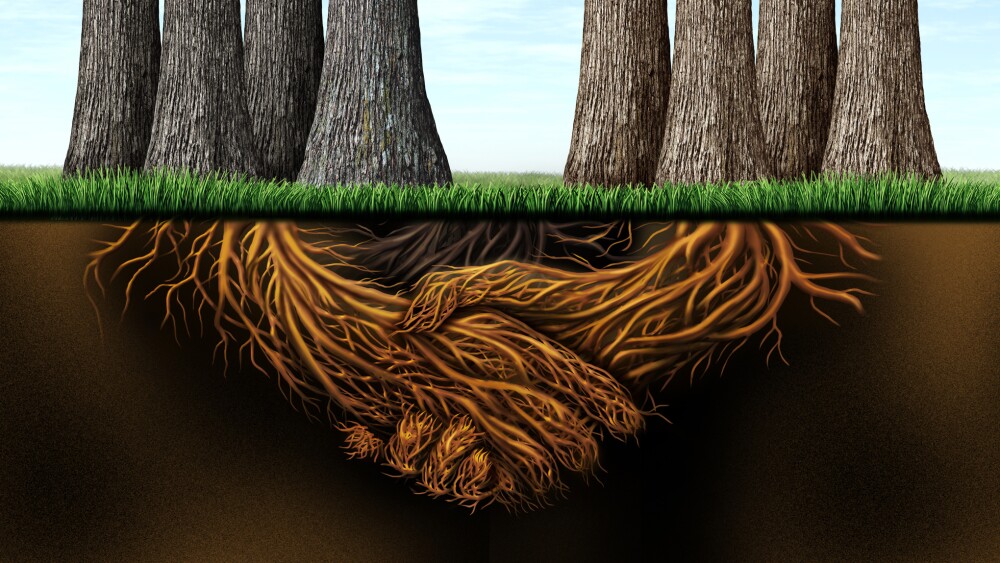The US-based start-up was jointly established by former MHH researcher Torsten Passie, together with a Harvard colleague and a former financier in order to develop a non-hallucinogenic LSD derivative for the treatment of cluster headache. The neurological disease is an extremely painful condition, which affects about 1 in 1.000 people. It is characterized by either chronic or periodic attacks of intense head pain that is markedly greater than in any other form of headache, including severe migraine.
The researchers completed multiple interviews of cluster headache patients who described how psilocybin or LSD successfully treated their condition and have also published comprehensive reviews on the pharmacology of LSD. Based on their results, they initiated a small, open-label trial to explore the effects of the LSD derivative BOL-148 (2-bromo-d-lysrergic acid diethylamide) on chronic, treatment-refractory cluster headache. Although the compound has been known for years and has frequently been used for research into the effects of LSD on the human brain, it has not previously been applied to the treatment of cluster headache.
Results were impressive: Three single doses of BOL-148 over 10 days could either terminate or significantly reduce the intensity of attacks in patients who had not responded to the standard treatments veramapil, triptans, or pure oxygen or could no longer tolerate medication side-effects. In all five patients treated, the cluster cycle was interrupted and remissions were lasting from several months to several years – without any further treatment. Side effects were virtually non-existent. Notably, there were no psychedelic or physiological side effects, which is consistent with previous experience using the compound in more than 300 healthy volunteers. The results of this trial were published in the leading headache journal Cephalalgia.
“If we are next able to confirm these anecdotal data in clinical studies, BOL-148 offers a paradigm shift in medicine: an extremely potent and cost-efficient treatment that is almost free of side effects and confers long-term protection. So far, there is nothing comparable out there,” Dr Passie comments.
Mediated by Ascenion and the technology transfer agent of McLean Hospital, a Harvard Medical School affiliate, a patent covering the application of BOL-148 to cluster headache was filed and then exclusively licensed to Entheogen.
“We are excited to support the development of a therapeutic approach that could bring relief to patients who are often close to suicide due to their inconceivable pain,” Dr Stein, CEO of Ascenion comments. “We are also extremely pleased with the highly effective, congenial collaboration across the Atlantic, which made it possible to set-up this new venture so quickly.”
Together with its technology transfer partners, Entheogen is currently evaluating various financing options including partnerships, donations, institutional and private investors as well as federal funding programmes. In parallel, the team is preparing to commence phase II randomized, placebo-controlled trials of BOL-148 for the treatment of cluster headache.




